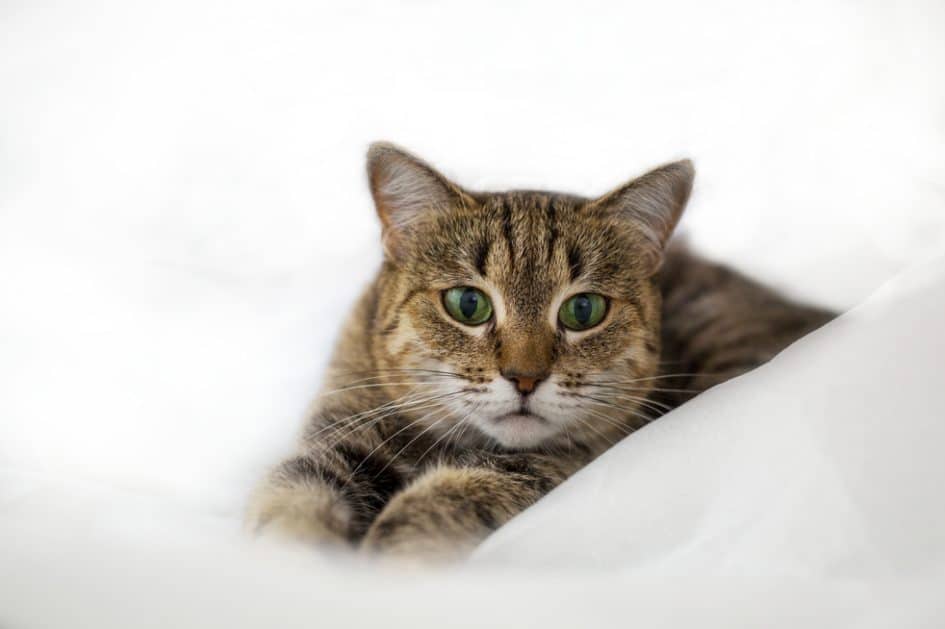

Appetite Loss In Cats: What Should You Do?
Your cat isn’t eating, even with his favourite bowl of food right in front of him. There’s certainly something going on with your cat. Here’s a quick guide on what to do—we touch on symptoms, causes, and treatment course.
Your cat isn’t eating, even with his favorite bowl of food right in front of him. This is odd, especially since he demands to be fed multiple times a day. So you let it slide, only to have it happening still in the next couple of days. There’s certainly something going on with your cat and could very well point to an underlying condition.
It could be either physical or behavioral reasons—any pain and anxiety could contribute to the loss of appetite, but it always pays to enlist the help of a professional as soon as you can. As you wait for the vet clinic appointment, however, it’s best to observe your cat as carefully as possible.
Here’s a quick guide on what to do—we touch on symptoms, causes, and treatment course:
Symptoms of Appetite Loss in Cats
Although the most obvious sign is simply refusing to eat food every time it’s given, understand that appetite loss can lead to a multitude of other problems. Such signs can be dangerous, as they could point out to an underlying disease:
- Excessive drooling
- Vomiting, diarrhea, and dehydration
- Weight loss
- Sudden change in behavior
- Difficulty in breathing
- Infection, such as pus discharge
- Lethargy
What could be the cause of appetite loss?
As previously mentioned, appetite loss can either be due to a physical condition or psychological state. Causes can vary, so we’ve categorized them into the two:
Physical
- Presence of parasites
- Dental issues, such as toothache and tooth decay
- Vaccination side effect
- Kidney infection
- Cancer
- Stomach, esophagus, and liver disease
- Trauma or other forms of injury
- Poison ingestion
Psychological
- Sudden environmental changes, such as traveling and moving to a new home
- Dislike of food
- The presence of a new pet or person, such as a baby
- Other stressors, such as being bullied
Treatment for Appetite Loss in Cats
You’ll need to visit the vet clinic as soon as you can, but keep in mind that treatment options will vary depending on your cat’s condition. They’ll first examine your cat carefully, just to make sure they’re getting the diagnosis correct. For physical conditions, such as tooth decay, teeth extraction may be necessary.
Should your cat suffer from other diseases, however, specific treatment will depend on the final diagnosis. Prepare to have your cat be left at the vet for intravenous fluids to correct dehydration, as well as antibiotics for infections. Other stomach protectants like antiemetics will also be necessary, especially if your cat cannot stop vomiting.
The key here is to get your cat checked as soon as possible, so they can start eating once more. Keep in mind that possible conditions can easily progress into something fatal.
The Bottom Line
Cats need ample nourishment to live a healthy life—while refusing food can be deemed as normal behavior, a cat refusing to eat should be a cause for alarm. It can either be a disease or psychological problem that’s plaguing your cat, so it’s important to act as soon as possible. When it comes to taking care of your feline friend, time is always of the essence!
If you wish to learn more about cats, such as answers to “why do cats purr?” or “can cats have chocolate milk?”, The Pets People has you covered. We’ve curated a solid library of resources, all created to help you learn more about your pet animals. Browse through the rest of our content today!
Discover how to create a joyful, healthy home for your pet.
Subscribe to your weekly rundown of practice, real life ideas and training tips straight to your inbox.


